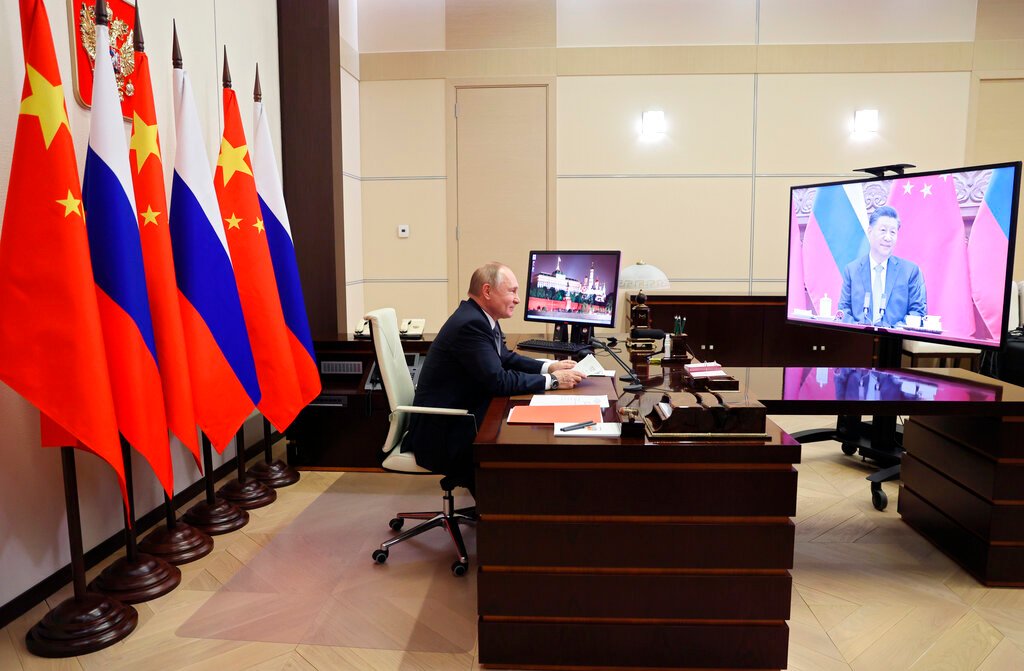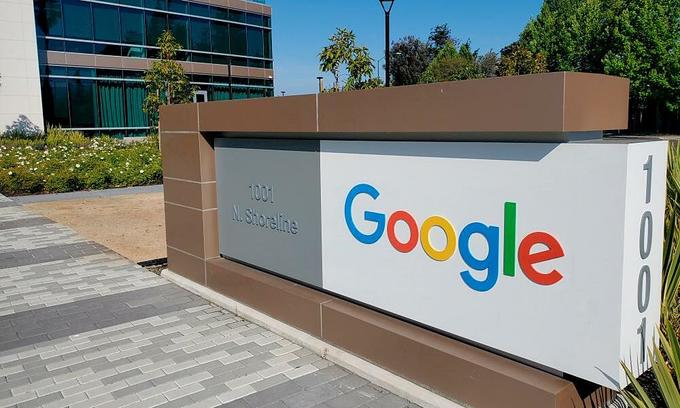China’s ambassador to the US said Sunday his country was not sending weapons to Russia for use in Ukraine, but he did not definitively rule out the possibility Beijing might do so in the future.
In a lengthy phone call Friday, US President Joe Biden warned his Chinese counterpart Xi Jinping that there would be “consequences” if Beijing provided material support to Moscow as it prosecutes its war against Kyiv.
Asked Sunday on CBS whether China might send money or weapons to Russia, Ambassador Qin Gang spoke about the present, saying: “There is disinformation about China providing military assistance to Russia. We reject that.”
Instead, “what China is doing is sending food, medicine, sleeping bags, and baby formula, not weapons and ammunition to any party,” he said.
Beijing, which shares with Moscow a sense of hostility and resentment toward the United States, has been loath to criticize its Russian ally over the invasion of Ukraine, despite urging by the US, British, and other officials.
Qin interviewed on the CBS talk show “Face the Nation,” said Beijing was continuing to “promote peace talks and urge immediate cease-fire.”
But the sort of public condemnation urged by many in the West “doesn’t help,” he said. “We need reason. We need courage. And we need good diplomacy.”
The Chinese foreign ministry has said the West must take Russian security concerns into account.
British Prime Minister Boris Johnson on Sunday lent his voice to calls for China to join in condemning the Russian invasion.
“As time goes on, and as the number of Russian atrocities mounts up, I think it becomes steadily more difficult and politically embarrassing for people either actively or passively to condone Putin’s invasion,” he told the Sunday Times.
Mikhailo Podolyak, a top advisor to Ukrainian President Volodymyr Zelensky, pleaded with Beijing on Saturday to “condemn Russian barbarism.”
Were Beijing to deliver military support to Russia, analysts say, it could transform an already explosive transatlantic standoff into a global dispute pitting the West against the world’s second-biggest economy, prompting turmoil on international markets.





